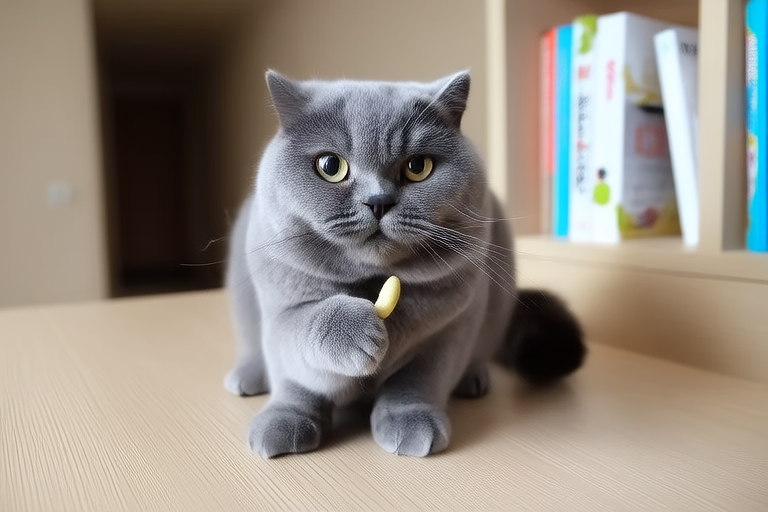Secrets of Owning a Chinchilla: Tips from Top Pet Enthusiasts
Welcome to the fascinating world of chinchillas! These small, fluffy rodents are not only adorable but also quite unique in their needs and behaviors. If you’re considering adopting a chinchilla or are already a proud owner, this article will provide you with essential tips and insights from top pet enthusiasts. We’ll cover everything from housing and diet to grooming and common health issues, ensuring your chinchilla thrives in your home.
Understanding Chinchillas
Chinchillas are native to the Andes Mountains in South America, where they live in high altitudes and cool climates. Their dense fur, which can have up to 60 hairs per follicle, is one of their most striking features. This fur helps them stay warm in their natural habitat. Chinchillas are nocturnal animals, meaning they are most active during the night. They are social creatures that enjoy the company of other chinchillas, so if you plan to keep more than one, make sure they have ample space to interact.
Housing Your Chinchilla
The first step in providing a suitable environment for your chinchilla is choosing the right cage. The cage should be large enough to allow your chinchilla to move around freely. A minimum size of 3 feet by 2 feet by 4 feet is recommended for a single chinchilla, with additional space for each additional chinchilla. The cage should have multiple levels and ramps to encourage exercise and climbing. Avoid wire-bottom cages, as they can cause foot injuries; instead, opt for solid flooring or a soft material like fleece.
Chinchillas require a dust bath to clean their fur. Place a shallow container filled with chinchilla dust in the cage at least three times a week. Ensure the dust is specifically formulated for chinchillas and not regular cat litter. Also, provide plenty of toys, such as wooden chew toys, cardboard boxes, and tunnels, to keep your chinchilla entertained and mentally stimulated.
Diet and Nutrition
A well-balanced diet is crucial for maintaining your chinchilla’s health. The foundation of their diet should be timothy hay, which aids digestion and provides necessary fiber. Fresh water should always be available, and it’s best to use a sipper bottle rather than a bowl to prevent contamination. Pellets designed for chinchillas should make up about 10% of their diet. Avoid sugary treats and foods that could upset their digestive system, such as fruits and vegetables.
Variety is key when it comes to chinchilla snacks. Offer occasional treats like dandelion greens or small pieces of carrot, but remember to introduce new foods gradually to avoid digestive upset. Always monitor your chinchilla’s weight and adjust their diet accordingly to maintain a healthy body condition.
Grooming and Hygiene
Chinchillas are meticulous groomers and spend a significant amount of time cleaning themselves. However, there are some grooming tasks you can assist with to ensure their health and comfort. Regular nail trimming is essential, as overgrown nails can lead to discomfort and difficulty walking. Use clippers specifically designed for small animals, and trim the nails just above the quick to avoid bleeding.
Brushing your chinchilla’s fur is not necessary, as their self-grooming is sufficient. However, you can gently brush their fur during handling to bond with them. Pay attention to any signs of matting or irritation, which may indicate underlying health issues.
Common Health Issues
Like all pets, chinchillas are susceptible to certain health problems. One of the most common issues is dental disease, which can occur if their teeth grow too long. Signs include drooling, loss of appetite, and difficulty eating. Regular check-ups with a veterinarian who specializes in exotic pets can help catch these issues early.
Respiratory infections are another concern, especially if the chinchilla’s living environment is too damp or dirty. Symptoms include sneezing, runny nose, and lethargy. Keep the cage clean and ensure proper ventilation to minimize the risk of respiratory issues.
Heatstroke is particularly dangerous for chinchillas due to their thick fur. Maintain a cool environment, ideally between 60°F and 70°F (15°C to 21°C), and avoid placing the cage in direct sunlight or near heat sources. Signs of heatstroke include rapid breathing, lethargy, and collapse. Immediate action is required if you suspect heatstroke; move the chinchilla to a cooler area and contact your veterinarian.
Behavior and Interaction
Chinchillas are naturally curious and playful animals. They enjoy exploring their surroundings and interacting with their owners. Handling your chinchilla regularly helps build trust and strengthens your bond. Approach them calmly and gently, allowing them to get used to your presence before attempting to pick them up. Once they feel comfortable, you can start handling them more frequently.
Chinchillas communicate through various vocalizations, including chirps, squeaks, and purrs. A happy chinchilla may purr when relaxed or content, while a distressed chinchilla might emit sharp, high-pitched sounds. Pay attention to these sounds to understand your chinchilla’s emotional state.
Ensuring Your Chinchilla Thrives
To ensure your chinchilla thrives, create a stress-free environment. Chinchillas are sensitive to sudden changes, so try to maintain a consistent routine for feeding, cleaning, and playtime. Provide a variety of toys and activities to keep them mentally and physically engaged. Regular interaction and play sessions can help prevent boredom and promote a healthy lifestyle.
Spaying or neutering your chinchilla can also contribute to their overall well-being. It helps prevent certain health issues and reduces aggressive behavior, making your chinchilla more amenable to handling and interaction.
Conclusion
Owning a chinchilla can be a rewarding experience, but it requires dedication and knowledge to meet their specific needs. By following the advice of top pet enthusiasts, you can ensure your chinchilla lives a happy, healthy life. Remember to provide a spacious, well-ventilated cage, a balanced diet, and regular grooming. Stay vigilant for any signs of illness and consult a veterinarian when needed. With proper care and attention, your chinchilla will become a cherished member of your family.
